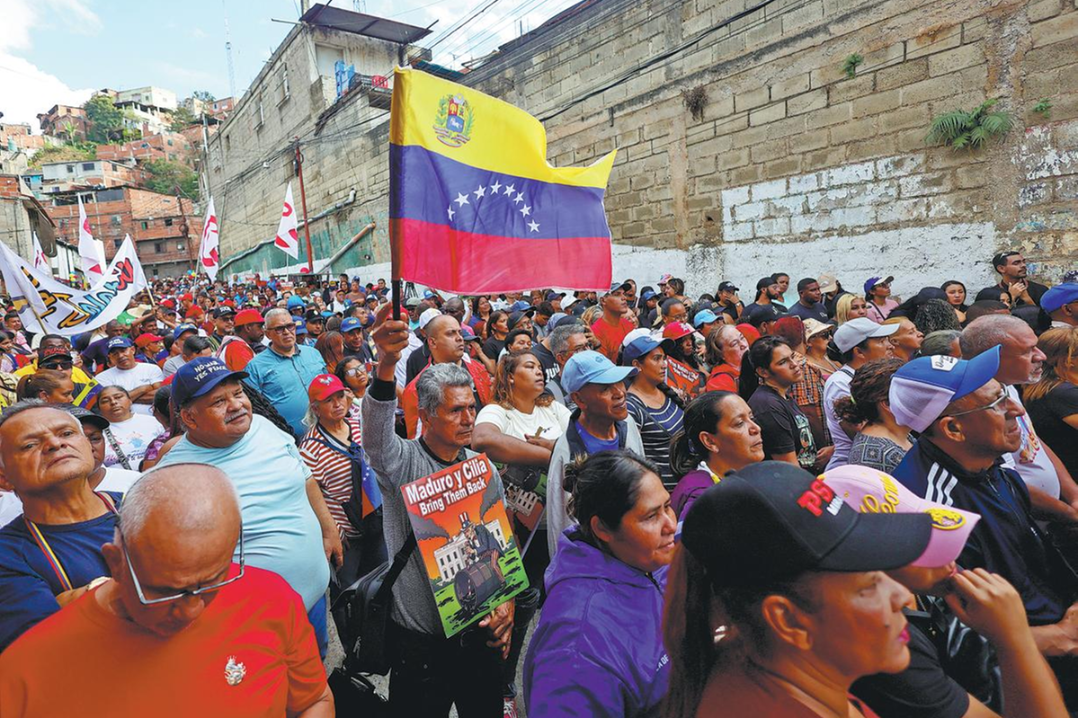Military deployed to tackle South Africa riots linked to Zuma jailing


The South African government on Monday deployed soldiers to quell violence that erupted across the country in the wake of former president Jacob Zuma's jailing, following days of riots that have left at least 10 people dead.
While addressing the nation in the wake of the unrest, Cyril Ramaphosa, South Africa's president, vowed that the police and army would restore order, and he appealed to all South Africans to work together for peace.
"Many South Africans are at this hour are counting the cost to their livelihoods and property, to their shops and businesses, as well as their safety and security. Many more South Africans are feeling anxious and afraid. Parts of the country are reeling from several days and nights of public violence, destruction of property and looting of the sort rarely seen before in the history of our democracy," Ramaphosa said.
Making it clear that the government will take any necessary action to protect every person in the country against the threat of violence, intimidation, theft and looting, the president said that there is no grievance, nor any political cause, that can justify the violence and destruction that has recently been witnessed in parts of the country.
"It is vital that we protect property and safeguard social and economic infrastructure. We are therefore mobilizing all available resources and capabilities to restore order. As the commander-in-chief of the South African Defense Force, I have today authorized the deployment of defense force personnel in support of the operations of the South African Police Service," Ramaphosa added.
The random protests that broke out when Zuma handed himself over to authorities last week have quickly escalated into looting and arson. Police said disturbances had intensified and 219 people were arrested as the controversial ex-leader challenged his 15-month prison term in the country's top court.
Zuma was sentenced late last month for defying a constitutional court order to give evidence at an inquiry investigating high-level corruption during his nine years in office, which ended in 2018.
According to Ramaphosa, disruptions caused by the rioting and unrest will cost lives by cutting off the supply chains that sustain South Africa's food, production and health systems, especially the administration of the COVID-19 vaccine.
"Our vaccination program has been severely disrupted just as it is gaining momentum. This will have lasting effects on our ability to consolidate some of the progress we were already witnessing in our economic recovery," Ramaphosa said.
However, opposition figures in the country led by Julius Malema, leader of South Africa's Economic Freedom Fighters Party, condemned the use of soldiers to settle a political problem and urged the government to use decisive political intervention by directly engaging the people.
"The president, cabinet secretaries and the ruling party must go to the ground and have stakeholder engagements to bring calm to a situation that began within the ranks of their own political party factions. The deployment of the military must not pre-empt attempts to make political interventions," Malema said.

































